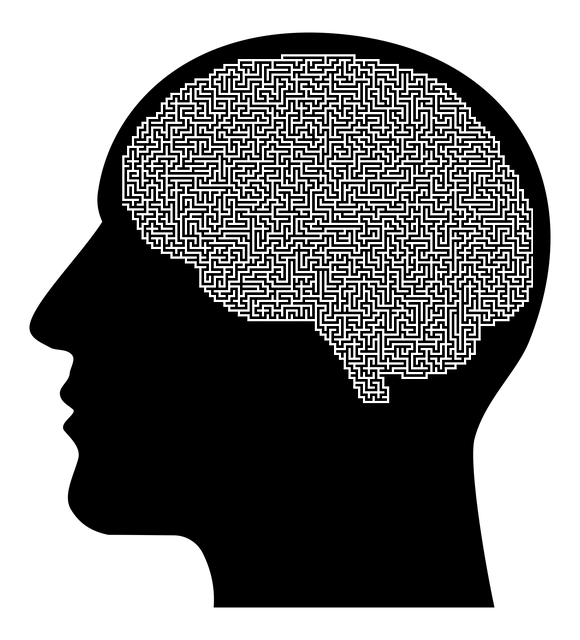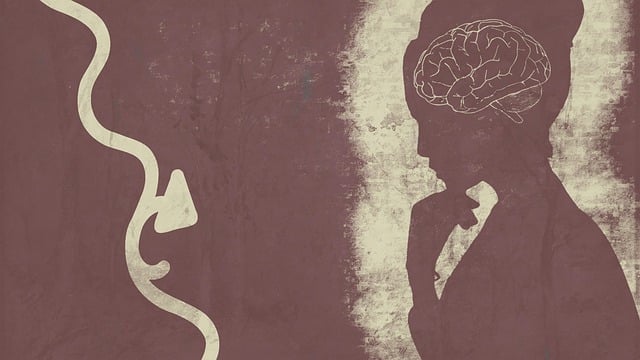The media's portrayal of mental illness is evolving but still perpetuates harmful stereotypes, like linking anxiety disorders to comedy or gambling addiction to violence. To combat this, a multi-faceted approach is needed, including public campaigns challenging negative narratives and incorporating personal stories of recovery, like Boulder Gambling Therapy. This therapy provides specialized treatment for gambling addiction, integrating trauma support, resilience-building, and stress reduction methods, demonstrating that recovery is achievable. By involving individuals with lived experiences as consultants and showcasing successful mental health journeys in popular culture, we can destigmatize these issues and foster empathy among audiences, contributing to a more supportive societal environment.
Mental illness representation in media has long been a topic of debate, with many portrayals perpetuating harmful stereotypes. This article explores the current state of mental health depiction and offers solutions to challenge these narratives. We present a case study of Boulder Gambling Therapy, demonstrating how innovative approaches can redefine perceptions. Additionally, we outline strategies for enhancing accurate representations in popular culture, emphasizing the importance of nuanced and empathetic storytelling in the media. By promoting responsible coverage, we aim to foster a more understanding society.
- Understanding Mental Illness Representation in Media: The Current State
- Boulder Gambling Therapy: A Case Study in Challenging Stereotypes
- Strategies for Enhancing Accurate Mental Health Portrayals in Popular Culture
Understanding Mental Illness Representation in Media: The Current State

The current state of mental illness representation in media is a complex and evolving landscape. While there has been some progress in recent years, many portrayals still fall short of accurately reflecting the diverse spectrum of mental health conditions. Often, media perpetuates harmful stereotypes, such as implying that all individuals with a particular diagnosis are violent or unpredictable. This misrepresented narrative not only fuels stigma but also hinders public understanding and empathy. For instance, the depiction of anxiety disorders frequently relies on over-the-top, comedic situations, which can trivialize the real struggles faced by those dealing with these conditions.
Addressing these issues requires a multi-faceted approach, including the development of Public Awareness Campaigns that promote accurate information and challenge negative narratives. Incorporating stories from individuals who have successfully managed their mental health, especially through innovative therapies like Boulder Gambling Therapy, can offer valuable insights into coping mechanisms and recovery processes. By emphasizing emotional regulation techniques and Mind Over Matter principles, media platforms can contribute to a more nuanced understanding of mental wellness, fostering a supportive environment for those seeking help.
Boulder Gambling Therapy: A Case Study in Challenging Stereotypes

Boulder Gambling Therapy serves as a compelling case study in challenging stereotypes surrounding mental illness, particularly within the context of gambling addiction. By offering specialized treatment and support services for individuals grappling with this issue, the therapy center breaks down barriers and promotes understanding. Their approach integrates trauma support services, resilience-building strategies, and stress reduction methods tailored to address the unique challenges faced by those struggling with gambling-related disorders.
Through innovative practices and a focus on holistic healing, Boulder Gambling Therapy demonstrates that recovery is achievable. By shifting the narrative away from stigmatization, this therapy model encourages open dialogue about mental health, fostering a more compassionate environment where individuals can find the help they need without fear of judgment.
Strategies for Enhancing Accurate Mental Health Portrayals in Popular Culture

In an era where media plays a significant role in shaping societal perceptions, it’s crucial to employ strategies that enhance accurate mental health portrayals in popular culture. One effective approach is to involve individuals with lived experiences of mental illness as consultants or story advisors. This ensures that narratives are not only sensitive but also grounded in reality, promoting Mental Health Awareness and challenging stereotypes. Encouraging open conversations about mental health in media can help destigmatize these issues and foster empathy among audiences.
Additionally, integrating Coping Skills Development and Emotional Well-being Promotion Techniques into storylines can offer valuable insights to viewers. Portraying characters who successfully navigate their mental health journeys while showcasing healthy coping mechanisms can inspire hope and provide a relatable model for those facing similar challenges. Such representations from media platforms like Boulder Gambling Therapy can significantly contribute to improving societal understanding and support for individuals grappling with mental illness.
In addressing mental illness representation in media, we’ve seen both challenges and promising solutions. The current state of portrayal highlights the need for more nuanced and accurate depictions. Boulder Gambling Therapy serves as a compelling case study, demonstrating how challenging stereotypes can lead to positive changes. By adopting strategies that enhance accurate mental health portrayals in popular culture, we can foster greater understanding and reduce stigma. Together, these efforts contribute to creating a more inclusive and empathetic society.














